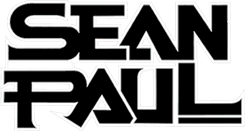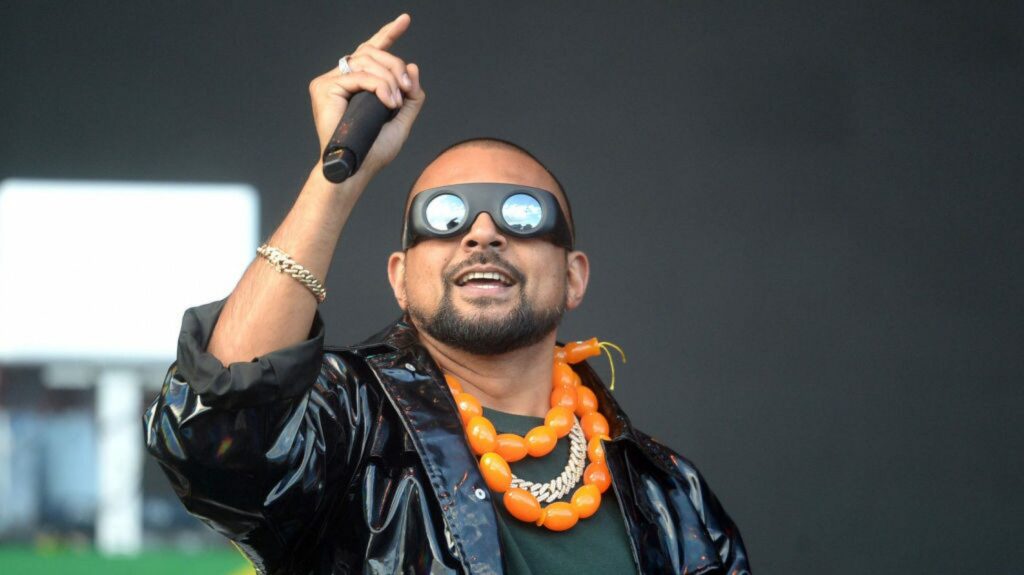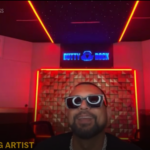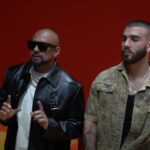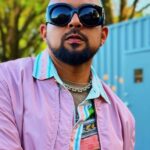Sean Paul has been running reggae and dancehall since the early 2000s, charting with hits like “Get Busy” and “Temperature” while solidifying his spot as one of the best artists of his era. After numerous accomplishments like winning a Grammy Award for Best Reggae Album and an American Music Award for Favorite Pop/Rock Male Artist, the renowned hitmaker continues to create bodies of work for the world to enjoy.
In a conversation with REVOLT, Sean Paul spoke about his love for dancehall and reggae, and how today’s artists can show respect to the genres. The Kingston, Jamaica native also talked in depth about his relationship with Beenie Man and reigning together as the top dancehall artists.
Check out the exclusive Black Music Month chat below.
What do you think about the current era of reggae and dancehall? Which artists are doing a good job of carrying the genres?
I’m very proud of the genre and the many influences it has had on many different forms of popular music, and popular names who do utilize it – from reggaeton to Afrobeats, as it lives on in those people and genres as well, not just the people from Jamaica. It’s bigger than us now, which is sometimes a bit nerve-racking or overwhelming. But at the same time, there are some players who are hot right now like Skillibeng and Skeng. Also, the ladies are doing their thing right now like Jada Kingdom, Stalk Ashley, and Shenseea. I’m happy to be a part of it, and I’m loving the vibe of the young kids doing their thing.
How would you describe your relationship with dancehall and reggae?
It’s a very big part of my life, my self-expression, my ego, and my day-to-day thoughts. As a kid, we didn’t have circuses or Nintendo to play – we had football on the road, cricket, and songs. It’s one of Jamaica’s best pastimes, so for us, it’s a part of our DNA. Similar to people in Middle America who have country and Westerns that explain their ways, or hip hop music for somebody who comes from The Bronx. That form of expression with hip hop, dancehall, and Afrobeats is us telling the world who we are.
How have you been able to maintain your connection to these two genres while also tapping into the pop world and exploring other musical stylings?
Even though I have hit songs that are more pop-oriented or a hybrid of what dancehall’s hardcore elements are, I’ll never say I’m not a dancehall artist. I’ll always look for the hot riddims that are out there and listen to what the culture is saying whether I like it or not. As someone who has accomplished so much for the genre and myself, I would say my word counts and [it holds] more weight now. My opinion, even if I don’t put out songs every year, is taking part in the culture while shaping it as well.
Is there a dancehall/reggae artist you still want to work with?
Last year, I released an album called Life We Living, where I collaborated with 19 different dancehall and reggae artists from the old school and new school – it was a wishlist I had. Me and Gyptian have always talked about doing a song and we’ve done demos together, so that’s one I’ll lean to say I would love to collaborate with. Also, I would say Stalk Ashley as well.
Some artists have been met with scrutiny after dabbling in dancehall. What’s the best way creators can show love to the genre without appropriating it?
I think just the mere fact they put out singles and don’t say this is my dancehall single – they have the upperhand, while we have the influential soup we serve to everybody. We are the net that holds a lot of the popular music together. Coming here to work with some of our legendary producers is a way to do so and also saying, “This isn’t my latest single” because younger people who are 12 years old only knew “Baby Shark” about four or five years ago — they didn’t really know in-depth about music from artists. They hear a new song by an artist and it’s dance-oriented — the kids will say, “This is innovative” and receive it like it’s new. If I put out a country and Western album and say, “This is my latest music,” but I do dancehall and reggae, I think Willie Nelson would call it silly for you to be saying that’s dancehall music. Maybe they won’t be as petty as me or maybe they will say, “This guy thinks he’s doing his own version of the music, but it’s really ours.” I have a very small and weakly respected genre to represent, and I want to fly the flag as best as I can, and be a defender of the culture.
You and Beenie Man were holding down reggae and dancehall during the 2000s and even collaborated. What was that reign like?
[Beenie Man] and I have done many songs that didn’t get released – the last song with me and him came out in 2015. As dancehall artists, we record a lot of music, and some of them hit in certain areas while some hit all over the world. It’s a living, evolving relationship that you have with these producers and artists. Beenie Man is a consummate performer and a legend out here performing for people at 9 years old. There’s been times where he was heavily booed and has now become the king of the space.
Tell us about your Captain Morgan campaign for Vita Coco Spiked and why the collab was a good fit for you.
I’m always down for collabs and this one seemed like a great fit because it tastes good (laughs). The thing in Jamaica has been “The rum is something to sample,” so while I’m used to it, mixing it up with coconut water is something people don’t know about. When we have beach parties in Jamaica, and you’re drinking the rum, but the sun is dealing you, having a Vita Coco is essential. I’m loving the vibe of it.
Source: REVOLT
